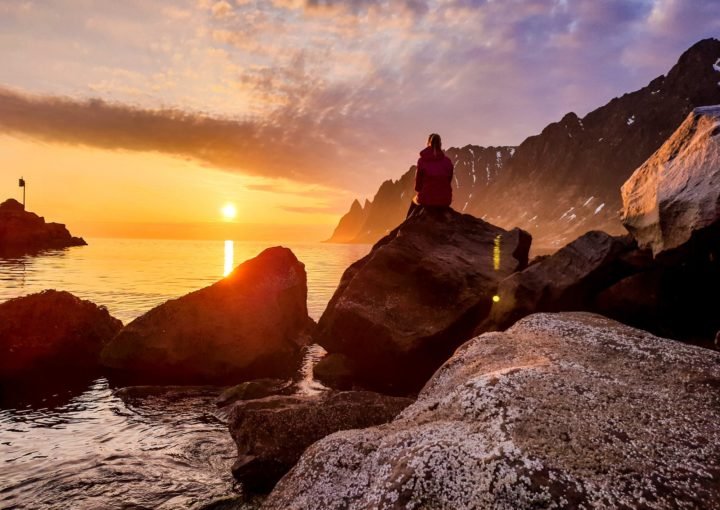Faroe Islands: from hero to zero… waste
Size sometimes doesn’t matter. In the case of Estonia, another small Northern European country (many also call Nordic), all that was needed was to mobilise the locals on a single day and get them out of their homes, to clean up the country. This is how the “Let’s do it! World” civic movement came into life. In 2011, 50.000 Estonians got to clean the country in 5 hours! Today, we have the annual World Clean-up Day every September.
Another small nation, this time in the North Atlantic, paves the way to a uniquely innovative approach to sustainability. Namely the Faroe Islands. A small country consisting of 18 islands with breath-taking nature and a thriving local culture.
Why did they choose against mass tourism? What is the “preservolution” they preach? Sometimes small things (or nations) can be a gem! Read on!

Step 1: “Clean Up” operation
Taking care of the environment can have many forms. In its simplest (still necessary) form, it is cleaning up the places we live in (be it cities or nature). Hooray! We all love our homes to be clean right? Why not the places we live in? There is so much waste out there. Get on your feet and start collecting it. Doing the right thing and setting an example can multiply the result.
This is also the case of Rudda Foroya (meaning Clean up the Faroes). This NGO started with its two founders in 2017 but today the team is bigger. Big! And their goal is ambitious (high enough to match their northerly latitude): to make 5% of the total population of the country to take part in their cleaning up campaigns. Togetherness can work wonders!

Step 2: closed for maintenance
Can a whole country close? You bet! No tourists will be allowed during the last weekend of April. Only the ones who have been selected to take part in the maintenance operations on the islands will get into the country. And then it’s going to be work. Well, sort of. It’s going to be fun too. Those lucky foreigners will get free accommodation and food. It’s on the house! Plus they will get the chance to mingle with the locals and interact with them during the works.
The reason the government decided to go on with this campaign is that their amazing nature needs some time off (because of the tourism boost) and its people need to take care of their country and all the touristic infrastructure. That’s their way of preserving their heritage: nature!
Step 3: preservolution
From clean up to maintenance and then to a whole new strategic plan about how to preserve the country for the generations to have. You see the Faroese people have lived in nature and coped with the harsh weather, for centuries. They know that what they enjoy today is not theirs but they need to pass it on to the future generations. In order to do that, they brainstormed. White smoke coming out of the chimney!
A Eureka moment and the term “preservolution” was born. It is their new strategy to guide them for the next 5 years or more. The concept behind it is balance (how lagom!). They appreciate tourism but would rather attract conscious tourists (mass tourism for such a small country can be devastating). They prefer to downsize their incoming tourism, hence they will limit the size of cruise ships allowed to dock.
They choose to preserve their cultural heritage and ensure a bright future for the residents of all 18 islands. So they will take care that tourism is dispersed on the islands and not concentrate on the most touristic places, nature there can’t handle it either. Boosting their people’s competitiveness when it comes to tourism is another pillar.
WOW! This all sounds amazing and it is mind-blowing that all this happen in a country of only 50.000 people. Hats off!

Zero waste rules!
This preservolution strategy is inspired by the Zero Waste movement. There has to be a balance but also action towards doing things right, proactively. The Zero Waste concept has five rules! Listen: refuse, reduce, reuse, recycle, rot. Faroese people want to preserve their country like that: they refuse mass tourism they do not need while they reduce tourism to the standards they set.
Everything is about balance and proactive caring. Brave huh?


